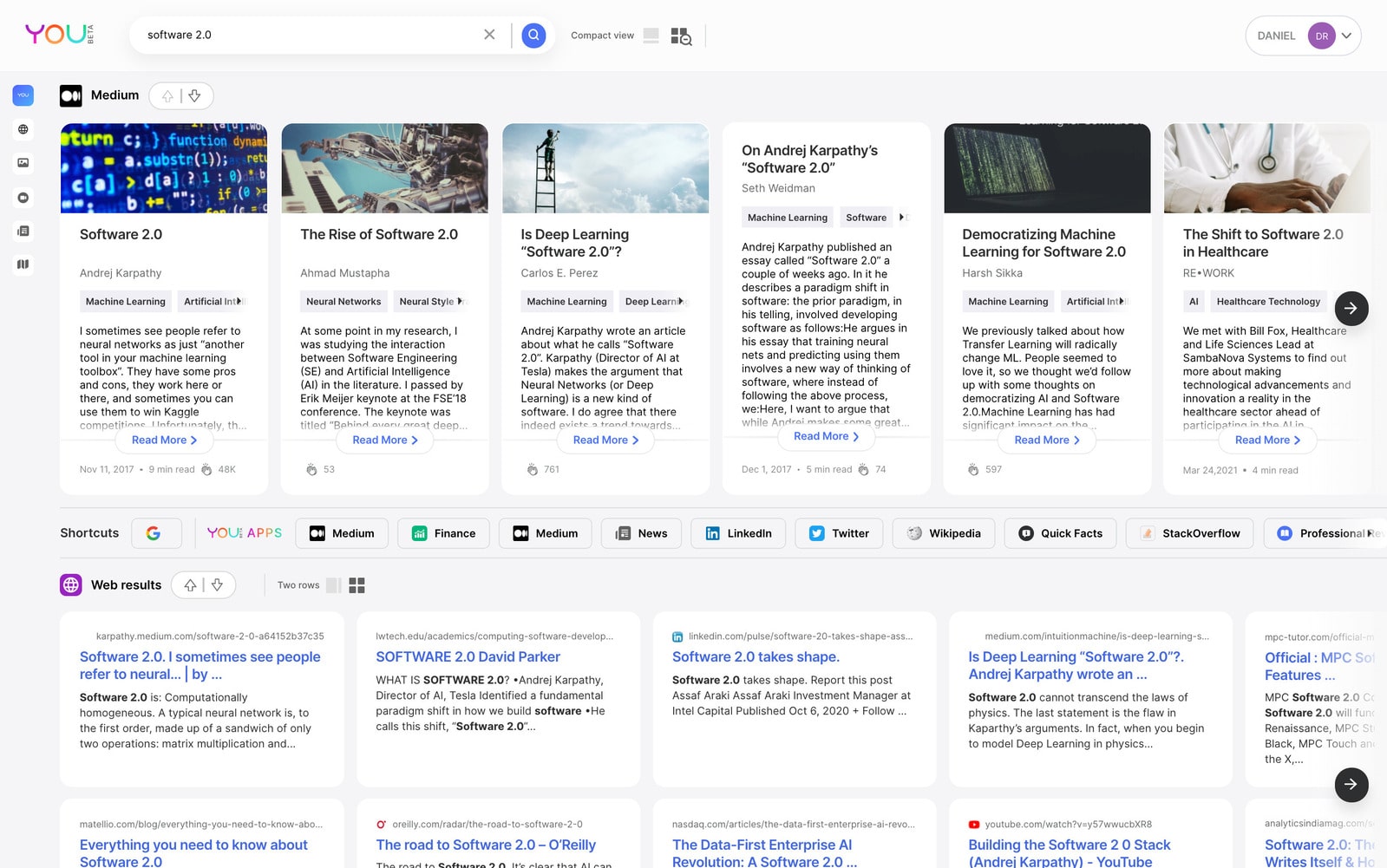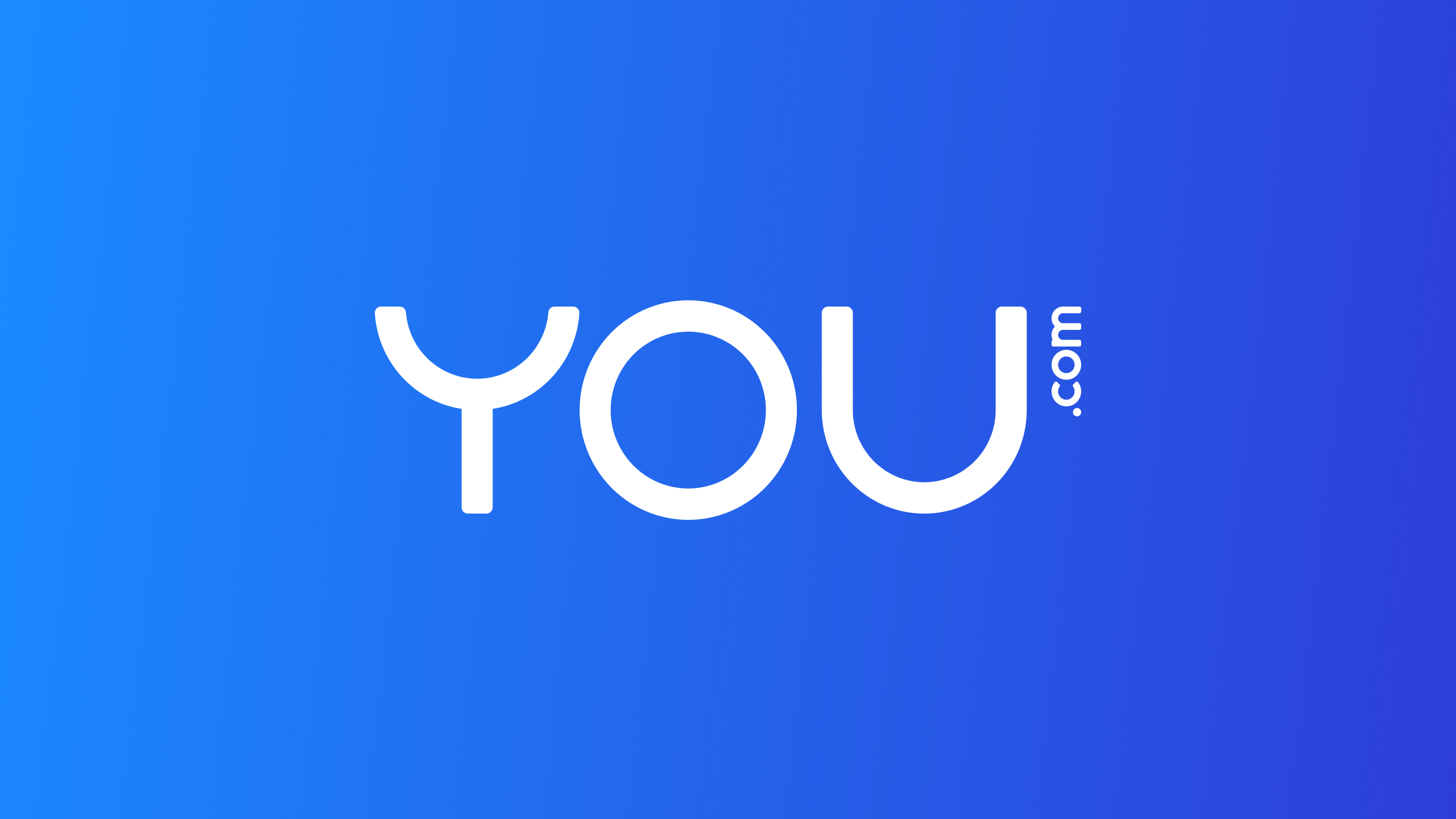Ever wondered why the word "you" holds so much power? It's not just a simple pronoun; it's a reflection of identity, connection, and self-awareness. In our fast-paced world, understanding "you" is more important than ever. Whether you're diving into personal development or simply trying to make sense of your place in the universe, the concept of "you" plays a pivotal role. So, let's break it down together, shall we?
Think about it for a sec. Every conversation, every interaction, every decision revolves around this tiny yet mighty word. "You" isn't just about grammar or linguistics. It's about YOU—the person reading this right now. The person who's curious, hungry for knowledge, and ready to dive deep into what makes "you" unique. That's pretty cool if you ask me.
Now, before we jump into the nitty-gritty, let's get one thing straight. This ain't gonna be your average article. We're gonna explore "you" from every angle—psychological, social, even philosophical. And hey, we'll sprinkle in some fun facts and real-life examples along the way. So, buckle up, because this is gonna be one heck of a ride!
Read also:Chris Brown As A Kid The Early Life And Journey Of A Music Icon
What Exactly Is "You" Anyway?
At its core, "you" is a second-person pronoun used to address someone directly. But let's be real here—it's so much more than that. "You" represents identity, connection, and even responsibility. It's like the glue that holds conversations together. Without "you," communication would be pretty darn confusing.
Think about how often you use "you" in a day. Whether you're texting a friend, chatting with a coworker, or even talking to yourself (and we all do that, right?), "you" pops up everywhere. It's kind of like the unsung hero of language.
Why "You" Matters in Communication
Communication isn't just about words; it's about meaning. And "you" plays a huge role in shaping that meaning. When you say "you," you're creating a direct link between yourself and the person you're talking to. It's like saying, "Hey, I see you. I hear you. You matter."
- "You" helps build rapport and trust.
- It makes conversations more personal and engaging.
- Using "you" correctly can even influence how people perceive you.
For example, imagine a salesperson saying, "You'll love this product" versus "People love this product." The first one feels way more personal, right? That's the magic of "you."
The Psychology Behind "You"
Psychologically speaking, "you" taps into something deep within us. It triggers self-awareness and reflection. When someone says "you," it forces you to think about yourself in relation to the world around you. It's like a little nudge to pay attention.
How "You" Affects Self-Perception
Here's where things get interesting. The way people use "you" can actually shape how you see yourself. For instance, if someone keeps telling you, "You're amazing," over time, you might start believing it. Conversely, if they say "You're not good enough," that can leave a lasting impact too.
Read also:Porsha Williams Mom The Untold Story Of Family Roots And Legacy
Now, this doesn't mean you should let other people define "you." But it does highlight the power of language—and specifically, the power of "you." It's like a mirror reflecting back who you are, but with a twist. The reflection isn't just about appearance; it's about essence.
The Role of "You" in Relationships
Relationships are built on communication, and "you" plays a starring role in that process. Whether it's romantic relationships, friendships, or professional partnerships, "you" helps bridge the gap between individuals.
Using "You" to Strengthen Bonds
Here are a few ways "you" can strengthen your relationships:
- By showing appreciation: "You mean so much to me."
- By offering support: "You can do this!"
- By expressing empathy: "I understand how you feel."
But here's the catch: "you" can also create distance if used incorrectly. For example, saying "You always do this!" during an argument can come across as accusatory. Instead, try using "I" statements, like "I feel upset when this happens." It's all about balance and intention.
Exploring the Philosophical Side of "You"
Alright, let's take a deep dive into the philosophical realm. What does "you" mean in the grand scheme of things? Is it just a linguistic tool, or does it have deeper implications? Philosophers have been pondering these questions for centuries.
Who Are "You" Really?
From a philosophical perspective, "you" represents the essence of individuality. It's the part of you that makes you, well, YOU. Some argue that "you" is defined by your thoughts, memories, and experiences. Others believe it's more about your essence or soul.
Whatever your take is, one thing's for sure: "you" is a complex and multifaceted concept. It's not just about the words you use; it's about the meaning behind them. And that, my friend, is what makes "you" so fascinating.
How "You" Shapes Society
Society thrives on communication, and "you" is at the heart of that. From advertising to politics, the word "you" is used strategically to influence behavior and shape opinions.
Marketing and "You"
Ever noticed how many ads start with "You deserve the best" or "You're worth it"? That's no accident. Marketers know the power of "you" and use it to create a connection with their audience. It's all about making you feel seen, heard, and valued.
But here's the thing: while "you" can be a powerful tool, it can also be manipulative. So, next time you see an ad using "you," take a moment to reflect. Is it really about you, or is it just a clever marketing tactic?
The Evolution of "You"
Language evolves over time, and "you" is no exception. In Old English, "you" wasn't even the default second-person pronoun. Back then, people used "thou" for singular and "ye" for plural. But as language evolved, "you" took center stage.
Why "You" Stuck Around
So, why did "you" become the go-to pronoun? For starters, it's versatile. Whether you're talking to one person or a group, "you" works in almost any context. Plus, it's simple and easy to use, which makes it a natural choice for everyday communication.
But here's the kicker: "you" also reflects the changing dynamics of society. In a world where individuality is celebrated, "you" serves as a reminder that everyone's voice matters. That's pretty powerful stuff, don't you think?
The Future of "You"
As we look to the future, the role of "you" in communication is likely to grow even more significant. With advancements in technology and the rise of AI, the way we use "you" could change in unexpected ways.
AI and "You"
Imagine having a conversation with an AI assistant that uses "you" in a way that feels eerily human. It's already happening, and it's only going to get more sophisticated. But here's the question: Can AI truly understand the nuances of "you"? Or will it always fall short of the human connection?
Only time will tell. But one thing's for sure: "you" will continue to play a pivotal role in shaping the future of communication.
Practical Tips for Using "You" Effectively
Now that we've explored the ins and outs of "you," let's talk about how you can use it effectively in your own life. Whether you're writing, speaking, or just having a casual conversation, these tips will help you harness the power of "you."
- Be intentional with your words. Think about why you're using "you" and what message you want to convey.
- Avoid overusing "you" in negative contexts. Instead, try reframing your statements to focus on solutions rather than blame.
- Use "you" to build connections. Whether you're complimenting someone or offering support, "you" can make your words feel more personal and impactful.
Remember, "you" is a tool, and like any tool, it's only as effective as how you use it. So, use it wisely!
Conclusion: Embrace the Power of "You"
We've covered a lot of ground today, from the basics of "you" to its philosophical implications. One thing's clear: "you" is more than just a pronoun. It's a reflection of identity, connection, and self-awareness. And in a world that's often noisy and chaotic, "you" serves as a reminder to focus on what truly matters—yourself and your relationships.
So, here's my challenge to you: take a moment to reflect on how you use "you" in your own life. Are you using it to build connections, or are you letting it create distance? The choice is yours—and that, my friend, is the beauty of "you."
And hey, if you found this article helpful, don't forget to share it with your friends. After all, "you" deserve to spread the word about something so powerful, right?
Table of Contents


